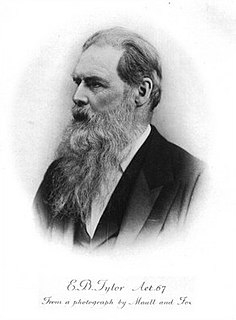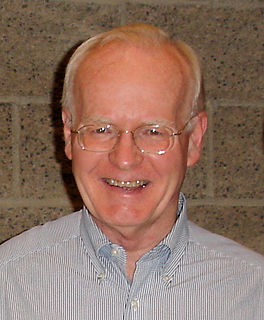A Quote by Graham Harvey
Animism is far from primitive, nor is it about pre-modernity because animism does not serve as a precursor to modernity. Rather animism is one of the many vitally present and contemporary other-than-modern ways of being human.
Related Quotes
Animism is not a belief system, but a worldview: The world is a sacred place and we are part of it. The factuality of this statement is not the issue. To say that the world is a sacred place is to make a statement about values, not facts. It’s a statement about what you mean by ‘sacred,’ just as ‘Money can’t buy happiness’ is a statement about what you mean by ‘happiness.’ To put it all very simply, animism isn’t a belief system, it’s a value system.
Animists are people who recognize that the world is full of persons, only some of whom are human, and that life is always loved in relationship with others. Animism is lived out in various ways that are all about learning to act respectfully (carefully and constructively) toward and among other persons.
Puppets and dolls are the gateways between human beings and objects. There are tons of cliches to spout about puppetry and animism, the primacy of the object, attacking anthropocentric worldviews, etc, and while there were always puppets around, I started working with them to deal with the times I knew I wouldn't be able to collaborate with other humans, to have a team.
There is a quality of lightness, easiness, and in some sense blatant unseriousness that pervades Classical Christianity's dialogue with modernity. The Christian intellect has no reason to be intimidated in the presense of later-stage modernity. Christianity has seen too many 'modern eras' to be cowed by this one.
Twentieth-century developments in science support a new animism. Developments in physics have led to a world of energetic events which seem to be self-moving and to behave in unpredictable ways. And recent studies in biology seem to demonstrate that bacteria and macromolecules have elemental forms of perception, memory, choice, and self-motion.































